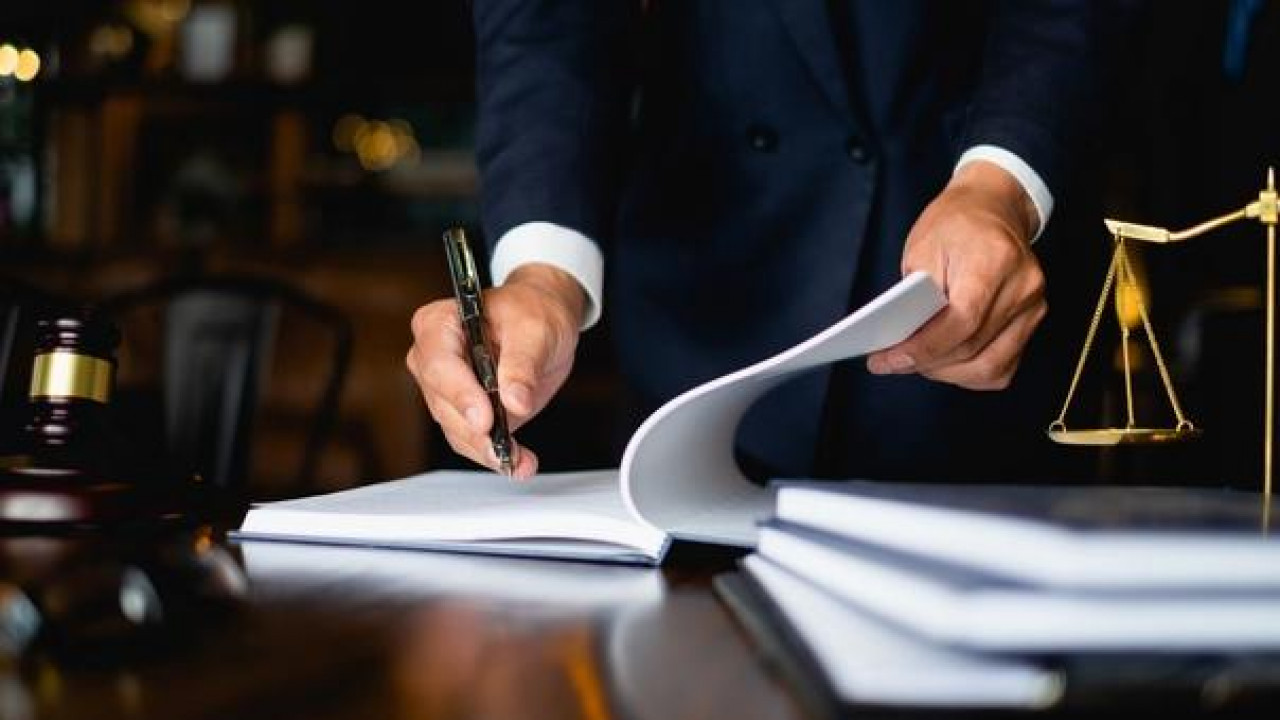Conscientiousness
The principle of the lawyer's work is integrity
In his work, the lawyer must adhere to the principle of good faith. It is not fixed in the Federal Law "On Advocacy". But conscientiousness has a lot of space in the Code of Professional Ethics of a lawyer.
What is a lawyer's integrity?
Article 5 of the Code lists some principles that a lawyer should be guided by. Among them is conscientiousness. However, the term norm does not disclose. There is no definition of attorney's integrity in other normative legal acts.
But if we analyze other provisions of the Code, we can understand what exactly conscientiousness consists of. These are:
- strict observance of attorney-client privilege;
- professionally correct, legally justified actions in the interests of the client;
- respect for the principal;
- strict compliance with legal requirements;
- honesty.
Let's analyze each of these aspects of good faith in more detail.
Attorney-client privilege
Attorney-client privilege is information received from the client. They cannot be:
- disclose;
- transfer to third parties;
- use as evidence against the principal at the investigation or in court.
The Code of Professional Ethics details the principle of attorney-client privilege. The normative act calls it one of the fundamental in advocacy. Article 6 of the Code contains a provision from which it follows that without the absolute confidentiality of the client, trust in the lawyer is simply impossible. Therefore, the observance of professional secrecy is one of the main priorities of advocacy.
A lawyer cannot be relieved of the obligation to maintain the confidentiality of the principal by anyone other than the principal himself. At the same time, the client may give permission to disclose the information provided only in writing and exclusively in the presence of the lawyer himself. If these conditions are not met, the defender continues to observe professional secrecy.
Actions in the interests of the principal
The lawyer is obliged to actively and honestly protect the interests of the client in all ways that are not prohibited by law. At the same time, his actions should be rational, verified from a legal point of view, should not worsen the position of the principal. To achieve this, a lawyer must constantly improve his skills, study changes in legislation, law enforcement and judicial practice.
The lawyer does not have the right:
- act contrary to the interests of the client;
- provide legal assistance under external pressure, acting out of personal gain or guided by immoral interests;
- take a position on the case that contradicts the will of the client and does not coincide with his position;
- provide legal assistance in the presence of a conflict of interest;
- declare the client's guilt proven.
In other words, the lawyer cannot intentionally act to the detriment of the client.
Respect for the principal
In accordance with Article 8 of the Code, a lawyer is obliged to respect the rights, honor and dignity of the principal, as well as other persons he encounters at work:
- other lawyers;
- prosecutorial staff;
- law enforcement officers;
- judges;
- participants in the trial;
- ordinary citizens.
On the part of a lawyer, actions and statements that detract from the honor and dignity of others are unacceptable. Even if they behave incorrectly, tactlessly.
Compliance with the law
Article 10 of the Code states that the law is above the will of the principal. This means that, despite the requirements, wishes or requests of the client, the lawyer should not commit offenses or fail to comply with the established rules.
Honesty
The result of any legal relationship is unpredictable. Success cannot be guaranteed in any case. And the lawyer must honestly report this to the principal. In accordance with the provisions of Article 10 of the Code, the defender does not have the right to promise the client a positive resolution of the case. The specialist is obliged to provide the most objective information, informing about all the risks and listing all the possible outcomes of the situation.
Consequences of non-compliance with the principle of good faith
Everything related to the principle of good faith is contained in the lawyer's Code of Professional Ethics. And for non-compliance with its norms, disciplinary punishment may be applied. It can entail serious punishment, up to the deprivation of status, which is accepted by the qualification commission of the regional Chamber of Advocates.
What does this mean in practice?
The main thing that can be said is that it is worth seeking legal assistance only from a lawyer in case of problems. The defender will act within the law and try to defend the interests of the client to the maximum, to improve his situation as much as possible in a particular situation. After all, if this is not done, the lawyer may lose his status. And with it, the main source of livelihood.

